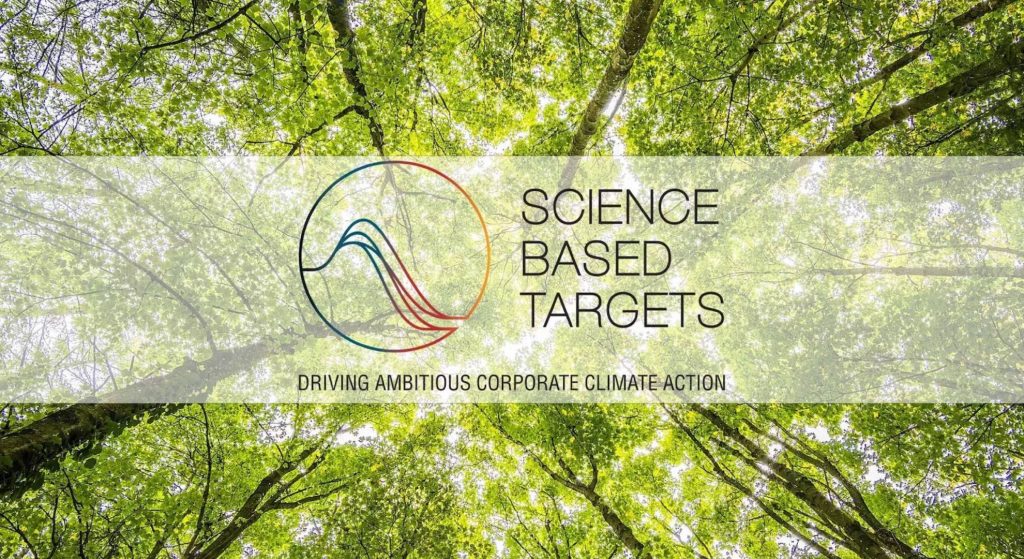The Science-Based Targets Initiative (SBTi) is revising corporate net-zero standard.
The body has released an initial draft of its revised corporate net-zero standard for public consultation (from 18 March to 1 June).
The revision also comes after over 200 companies failed to submit validated climate targets within the required timeframe in 2024.
This highlights the gap between corporate promises and action, as companies struggle to align their operations with science-based climate targets.
Meanwhile, the new draft aims to accelerate corporate decarbonization by providing a science-based framework for businesses to join the 3,000 with net zero targets.
| Tackling barriers to scope 3, or value chain, action—the most commonly cited challenge by businesses |
| Maintaining focus on emissions reduction while exploring incentives to support scaling of climate finance and carbon removals |
| Making it easier for companies in emerging economies to set targets |
| Incentivizing ambition and action through new model to validate and recognize progress against targets |
Revision areas:
SBTi is utilizing public consultation to ensure rigorous and practical standards, with key revision areas including:
The draft outlines specific challenges for decarbonizing emissions in scope-1 and -2 categories, with proposals to transition to low-carbon electricity by 2040.
It proposes increased flexibility for tackling scope-3 emissions reductions, focusing on green procurement and revenue generation instead of emissions reduction targets. This approach aims to align action with emission-intensive activities and companies’ highest influence.
The draft proposes options to address unabated and residual emissions, including recognizing companies investing in Beyond Value Chain Mitigation (BVCM) and introducing interim carbon removal targets.
The concept is to improve accountability and recognize companies leading in decarbonization by introducing an assessment and communication system for progress against targets.
The introduction of streamlined requirements for medium-sized companies in developing markets and SMEs has paved the way for universal voluntary corporate climate action, SBTi said.
A comprehensive transition pathway will be developed to transition from SBTi’s corporate net zero standard to near-term criteria, ensuring companies can set targets using the current standard.
Thought leadership:
Francesco Starace, Chair, SBTi, said, “The SBTi has always been at the frontier of climate action. The draft standard addresses complex, emerging issues and lays the foundation to enable more companies to move further and faster towards net zero. Working hand-in-hand with stakeholders across the ecosystem to seek and consider a diverse range of views, we aim to produce a standard that is both rigorous and practical, and works for businesses and the planet. With a limited carbon budget left, this is more important than ever. Companies can unlock long-term growth, drive transformation, and build investor confidence by acting at pace to accelerate climate action.”
Alberto Carillo Pineda, Chief Technical Officer, SBTi, said, “The draft standard reflects lessons drawn from the thousands of businesses worldwide that the SBTi works with—both those with targets and those yet to set them—and the important work done by other standard setters, NGOs, policymakers, and regulators globally. This is an iterative process, and the public consultation will help us identify the changes we can make to ensure SBTi’s revised standard creates impact at scale as effectively as possible.”











